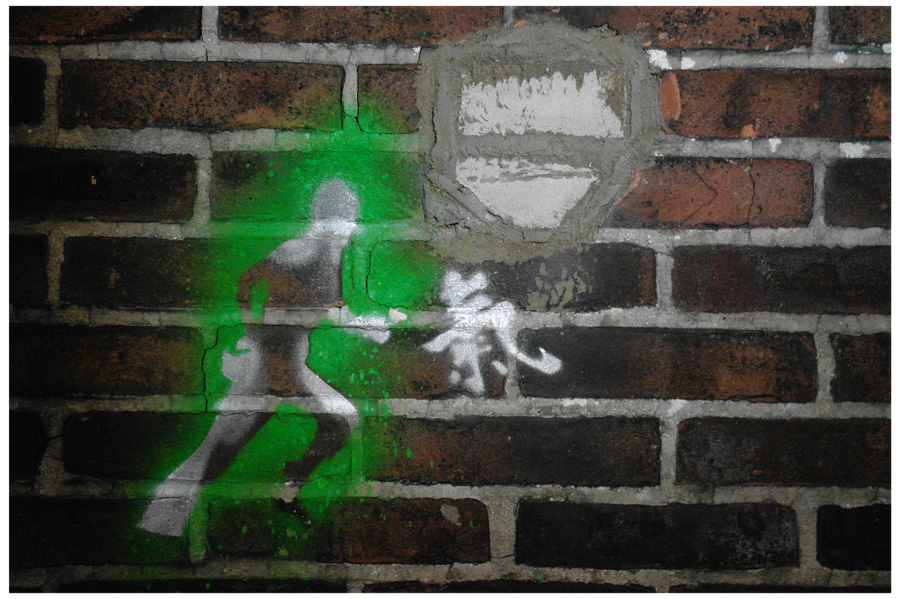SAR_sarsential™_18_der_ortssinn
- Details
- Hits: 6897

Above: PGIA SAR BLMTT 13K. Sarsential 18: der Ortssinn, "[S]ich von jeder Gegend schnell eine richtige geometrische Vorstellung zu machen und als Folge davon sich in ihr jedesmal leicht zurechtzufinden. Offenbar ist dies ein Akt der Phantasie. Zwar geschieht das Auffassen dabei teils durch das körperliche Auge, teils durch den Verstand, der mit seinen aus Wissenschaft und Erfahrung geschöpften Einsichten das Fehlende ergänzt und aus den Bruchstücken des körperlichen Blicks ein Ganzes macht; aber daß dies Ganze nun lebhaft vor die Seele trete, ein Bild, eine innerlich gezeichnete Karte werde, daß dies Bild bleibend sei, die einzelnen Züge nicht immer wieder auseinanderfallen, das vermag nur die Geisteskraft zu bewirken, die wir Phantasie nennen." [Visualisation: being able to find one’s place exactly at any time]
"[T]he [runner] must commit the business he has in hand to a corresponding space which his eye cannot survey, which the keenest zeal cannot always explore, and with which, owing to the constant changes taking place, he can also seldom become properly acquainted. [H]e who by talent and practice overcomes it will have a great advantage on his side […]. This very peculiar difficulty must be overcome by a natural mental gift of a special kind which is known by the – too restricted – term of Orisinn sense of locality. It is the power of quickly forming a correct geometrical idea of any portion of country, and consequently of being able to find one’s place in it exactly at any time. This is plainly an act of the imagination. The perception no doubt is formed partly by means of the physical eye, partly by the mind, which fills up what is wanting with ideas derived from knowledge and experience, and out of the fragments visible to the physical eye forms a whole; but that this whole should present itself vividly to the reason, should become a picture, a mentally drawn map, that this picture should be fixed, that the details should never again separate themselves – all that can only be effected by the mental faculty which we call imagination. If some great poet or painter should feel hurt that we require from his goddess such an office; if he shrugs his shoulders at the notion that a sharp gamekeeper must necessarily excel in imagination, we readily grant that we only speak here of imagination in a limited sense, of its service in a really menial capacity. But, however slight this service, still it must be the work of that natural gift, for if that gift is wanting, it would be difficult to imagine things plainly in all the completeness of the visible. […]"
Carl von Clausewitz, 'On War', page 71, first published in Germany by Ferdinand Dümmler, Berlin, 1832


